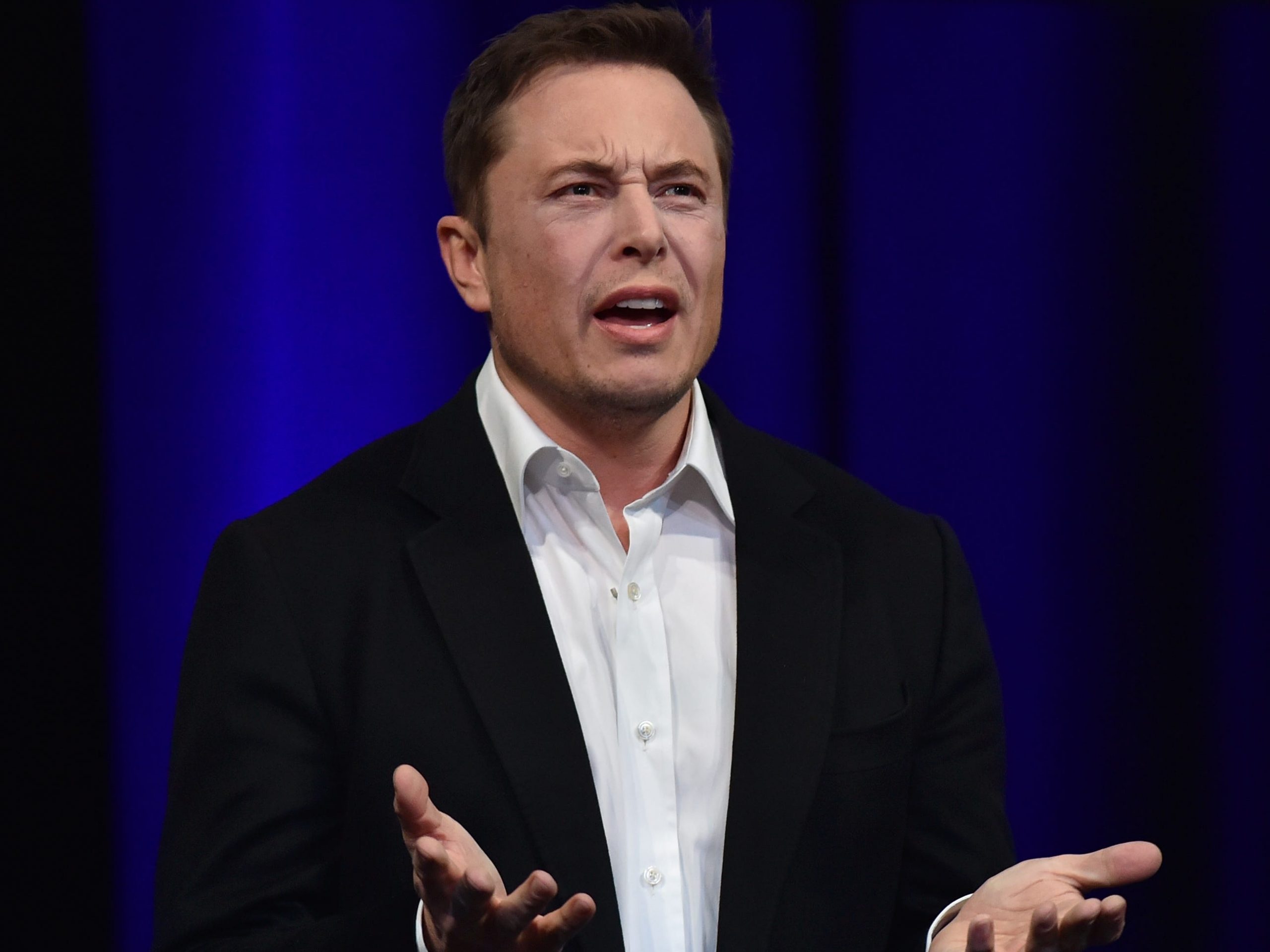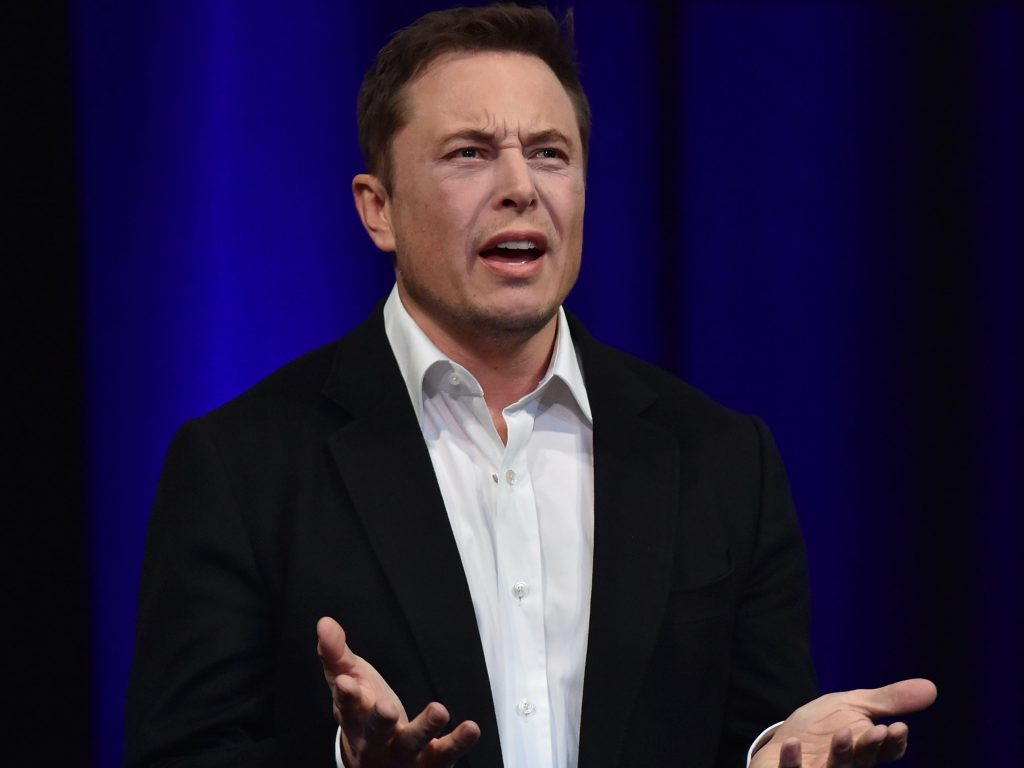
PETER PARKS/AFP via Getty Images
- Tesla will pay $1.5 million to settle claims it temporarily cut battery capacity in 1,743 cars.
- This includes $625 each to some Tesla Model S owners whose batteries were hit by a 2019 software update.
- Tesla released another software update in May 2020 to restore the cars' batteries over time.
- See more stories on Insider's business page.
Tesla has agreed to pay $1.5 million to settle claims that a May 2019 software update temporarily cut the maximum charge of some of its vehicles.
The electric car maker has agreed to pay $625 each to some owners of its Model S sedan cars, according to court documents filed in the US District Court in San Francisco on Wednesday.
Per the documents, the software update stopped batteries charging to their maximum voltage, and affected 1,743 Model S vehicles.
Plaintiff David Rasmussen filed the class-action lawsuit in August 2019 on behalf of himself and other Model S and X drivers who he said were impacted by the update. Rasmussen claimed in the suit that the software update reduced the range and charging speed of his Model S.
Read more: Meet 9 former Tesla execs who left Elon Musk to become power players at rivals like Apple and Rivian
The $1.5 million payout included $410,000 to cover plaintiffs' legal fees and costs, on top of the $625 payments, the documents said.
The court documents said the settlement applied to all US residents who owned or leased a Tesla Model S between May 2019 and September 2020 and who experienced the battery voltage reduction. It didn't say exactly how many people would receive the money, or whether the payouts were limited to one for each of the 1,743 vehicles.
It did not mention whether Model X owners would receive compensation over similar claims.
The filing said that the $625 payment would provide "considerable monetary relief" to owners - the affected vehicles lost about $175 in value due to the problem, it said.
Tesla had also agreed to put software in its in-warranty cars to let drivers know if their batteries need repairing, the filing said.
In May 2019, Tesla released the software update after two reports of its Model S cars spontaneously catching fire.
"Out of an abundance of caution, we are revising charge and thermal management settings on Model S and Model X vehicles via an over-the-air software update that will begin rolling out today, to help further protect the battery and improve battery longevity," a company spokesperson said in a statement to Teslarati.com at the time, which was cited in Rasmussen's lawsuit.
The court documents said that the update reduced battery voltage in some Model S cars by 10% for about three months, and then by a smaller 7% over the next seven months.
Tesla released a update in March 2020 after which "the vehicles' voltage showed steady restoration over time," the court documents said.
Tesla data showed that it had fully restored maximum battery voltage in 1,552 cars, and replaced batteries in 57 cars. Drivers of the remaining vehicles should expect to have their batteries restored over time, the court documents said.
A judge has set a hearing for December 9 to finalize the proposed settlement, per the filing.
Tesla did not immediately respond to Insider's request for comment.
Law firms Lieff Cabraser Heimann & Bernstein and Ed Chen's YK Law, which represented the Tesla owners, also did not immediately respond to Insider for comment.
